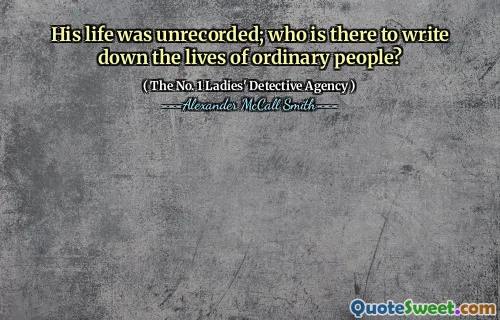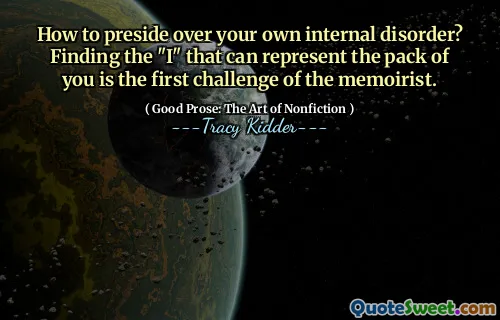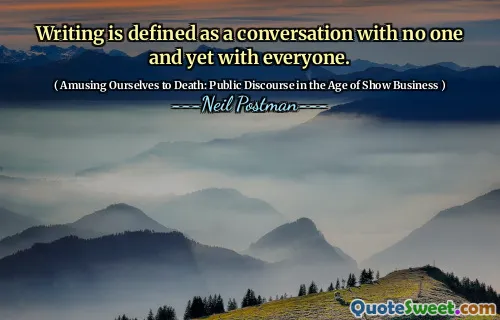
The difficulty of literature is not to write, but to write what you mean.
---Robert Louis Stevenson---
This quote underscores a profound truth about the art of writing: craftsmanship alone does not suffice; the core challenge lies in communicating one's true intentions and visions clearly. Often, aspiring writers grapple not with the mechanics of language but with articulating their authentic thoughts and feelings. They may produce beautiful prose, but if what they convey is muddled or disconnected from their genuine ideas, the written work can lack depth and authenticity.
Effective writing demands a level of introspection and honesty. It involves peeling back layers of verbosity and verbosity to uncover the core message and expressing it in a manner that resonates with sincerity. In this sense, writing becomes not just a skill but a reflection of one’s internal clarity and purpose. Achieving this transparency can be more difficult than mastering grammar or stylistic flourishes because it requires vulnerability, precision, and a deep understanding of oneself.
Furthermore, this quote highlights that the ultimate goal of literature is to communicate meaning, not merely to decorate pages with words. Writers must balance artistry with honesty, ensuring that their work conveys their true intent and connects meaningfully with readers. It serves as a reminder that good writing isn’t just about the beauty of the language but about honest and precise expression. This notion is inspiring for anyone engaged in the craft of communication, emphasizing that true mastery involves clarity of thought and purpose.
Overall, the quote champions sincerity and clarity as vital components of successful literature, suggesting that surpassing technical skills by truly understanding one’s message is what elevates writing from good to impactful.











